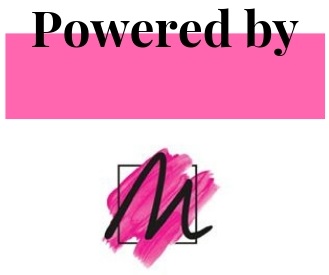“This is my story. This is my truth,” says the young artist in Leah Henderson’s “Warning: Color May Fade,” one of 17 stories by contemporary black authors in “Black Enough: Being Young & Black in America.”
This nuanced, wide-ranging anthology, edited by National Book Award finalist Ibi Zoboi, features a multitude of tales and viewpoints from established and new voices in YA fiction. In settings from Chicago to rural Maryland, the protagonists hang out, share kisses, apply to college and argue with their parents. Stories might span a single moment, a few hours or an entire season.
Jason Reynolds, who won Printz and Newbery honors last year for “Long Way Down,” focuses on a summer afternoon, capturing the banter of easy friendship in “The Ingredients.”
Tochi Onyebuchi unleashes the musical voice of the polite son of a Nigerian immigrant over a number of weeks in “Samson and the Delilahs.” Brandy Colbert and Varian Johnson visit the tensions around race within families and communities in “Oreo” and “Black Enough,” respectively.
Young love – lesbian, gay and straight – is present in all its awkward sweetness. In “Kissing Sarah Smart,” Devon fully embraces “the hottest white girl” as her mother takes steps to dissolve a traditional but unhappy marriage. A shy guy in a Chewbacca shirt has it all over a smooth-talking cologne vendor in Lamar Giles’ funny “Black. Nerd. Problems.”
Several stories actively explore power and privilege. In Henderson’s tale, a student at a posh prep school must deal with dismissal of her artistic talent and dreams by her lawyer father and a white friend. Tracey Baptiste examines tortuous gender dynamics on the dance floor in “Gravity.”
Two of the most intriguing stories involve time past and future. Rita Williams-Garcia brings an aspiring young fashion designer and an enslaved relative face to face in a witty, surprising time-travel tale titled “Whoa!” And Zoboi closes the anthology with “The (R)evolution of Nigeria Jones,” in which a girl questions her black militant community and begins to chart a new course for herself.
In her sensitive introduction, Zoboi hopes that this timely book “will encourage all black teens to be their free, uninhibited selves.” But the anthology is more than that: It’s an invitation for all readers to understand, as its subtitle suggests, what it means to be “young and black in America.”
-Washington Post




